Scientists and biotech companies are making groundbreaking advancements in longevity research, pushing human lifespan to new limits. With innovations in gene therapy, AI-driven health diagnostics, and personalized medicine, living past 100 could soon become the norm
The dream of extending human life has fascinated scientists, doctors, and visionaries for centuries. In 2025, this dream is inching closer to reality, thanks to cutting-edge scientific discoveries. From revolutionary anti-aging drugs to AI-powered health monitoring, the longevity revolution is reshaping healthcare and redefining what it means to grow old.
This article explores the latest breakthroughs in longevity science, their impact on human health, and what the future holds for those seeking to extend their lifespan.
1. The Science Behind Longevity: Why Are We Living Longer?
Recent research has revealed that aging is not an unavoidable process but a biological mechanism that can be slowed—or even reversed. Key advancements include:
✔ Gene Therapy & DNA Repair – Scientists are developing gene-editing techniques like CRISPR to remove harmful mutations and repair damaged DNA, potentially adding decades to human life.
✔ Senolytics: The Anti-Aging Drug Revolution – These drugs target and eliminate aging cells (senescent cells), preventing diseases like Alzheimer’s, cancer, and cardiovascular disorders.
✔ Regenerative Medicine – Stem cell therapy and tissue engineering allow damaged organs to be regenerated, increasing overall health and longevity.
2. AI and Longevity: The Role of Artificial Intelligence in Extending Life
Artificial Intelligence is playing a significant role in predicting diseases before they occur, creating personalized health plans, and even designing new age-reversing treatments.
✔ AI-Based Early Disease Detection – AI analyzes millions of health records to detect diseases such as cancer and neurodegenerative disorders in their earliest stages.
✔ Personalized Longevity Plans – AI-driven apps analyze genetic and lifestyle data to create personalized diet and exercise plans tailored to maximize lifespan.
✔ Drug Discovery & Development – AI models can rapidly test thousands of chemical compounds to identify new drugs that slow aging.
3. The Rise of Longevity Clinics & Personalized Healthcare
Elite longevity clinics are emerging worldwide, offering specialized treatments to extend life expectancy. These clinics provide:
✔ Full-Body Biomarker Analysis – Advanced tests to detect aging-related biomarkers and suggest corrective measures.
✔ Hormone Replacement Therapy (HRT) – Used to maintain optimal hormonal balance, preventing age-related diseases.
✔ Peptide & Nutritional Therapy – Tailored supplement programs that enhance cellular function and slow down aging.
4. Biohacking & Longevity: How People Are Taking Control of Their Lifespan
Biohacking has gone mainstream, with people experimenting with various methods to extend their lives.
✔ Fasting & Ketogenic Diets – Intermittent fasting and keto diets have been scientifically proven to activate longevity genes and improve cell regeneration.
✔ Cryotherapy & Red Light Therapy – Exposure to extreme cold and red light therapy enhances recovery, reduces inflammation, and slows cellular aging.
✔ Brain Enhancement & Nootropics – Cognitive-enhancing supplements and neurostimulation devices improve brain health and reduce age-related decline.
5. Ethical and Economic Challenges of the Longevity Revolution
While longevity science offers exciting possibilities, it also raises ethical and societal questions:
❌ Economic Disparity – Will only the wealthy have access to life-extending treatments?
❌ Overpopulation Concerns – How will society handle a longer-living population?
❌ Redefining Retirement & Workforce – If people live past 100, how will career planning, pensions, and social security adapt?
6. The Future of Longevity: What to Expect in the Next Decade
🚀 Bioprinted Organs – Scientists are developing 3D-printed organs for transplantation, eliminating long donor wait times.
🚀 AI-Generated Health Blueprints – Predictive algorithms that guide individuals on how to maximize their lifespan.
🚀 Space Medicine & Longevity – Studies on astronauts are helping scientists understand how to slow aging in extreme environments.
Conclusion: Is a 150-Year Lifespan the New Reality?
The longevity revolution is no longer science fiction. With rapid advancements in biotechnology, AI, and regenerative medicine, living to 120 or even 150 years old may soon be a possibility. The question remains—how will humanity adapt to a world where aging is no longer inevitable?

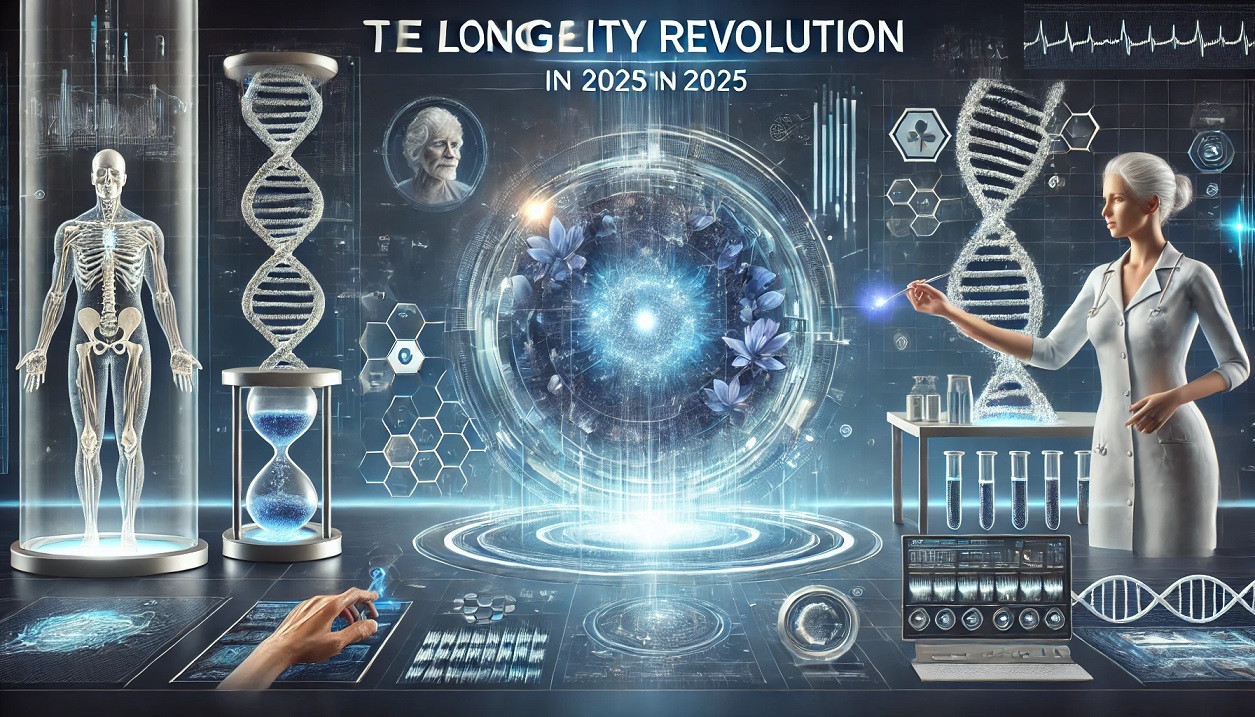
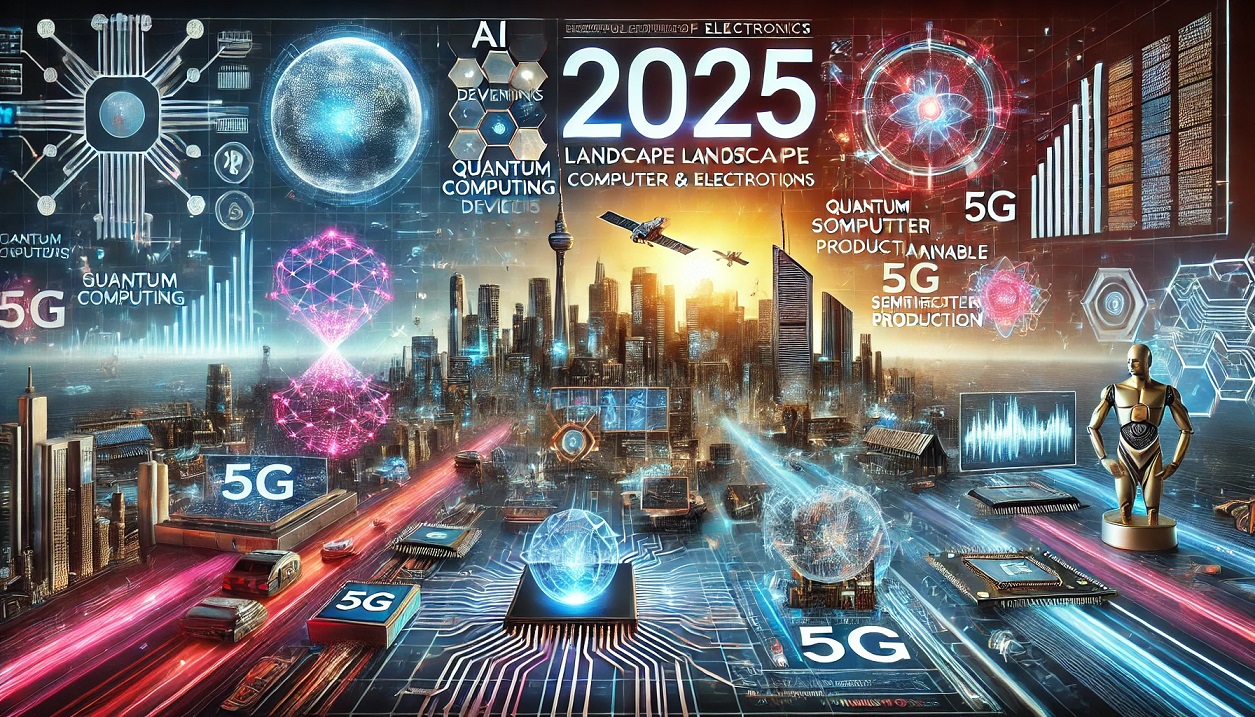

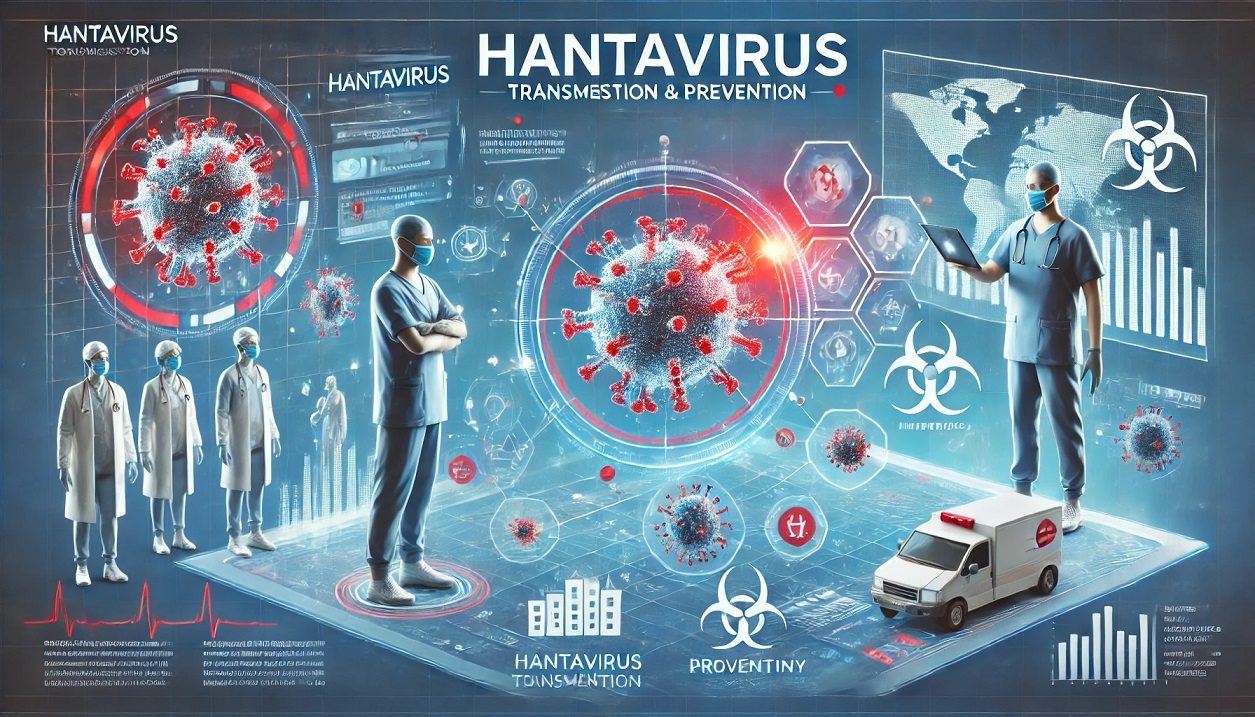

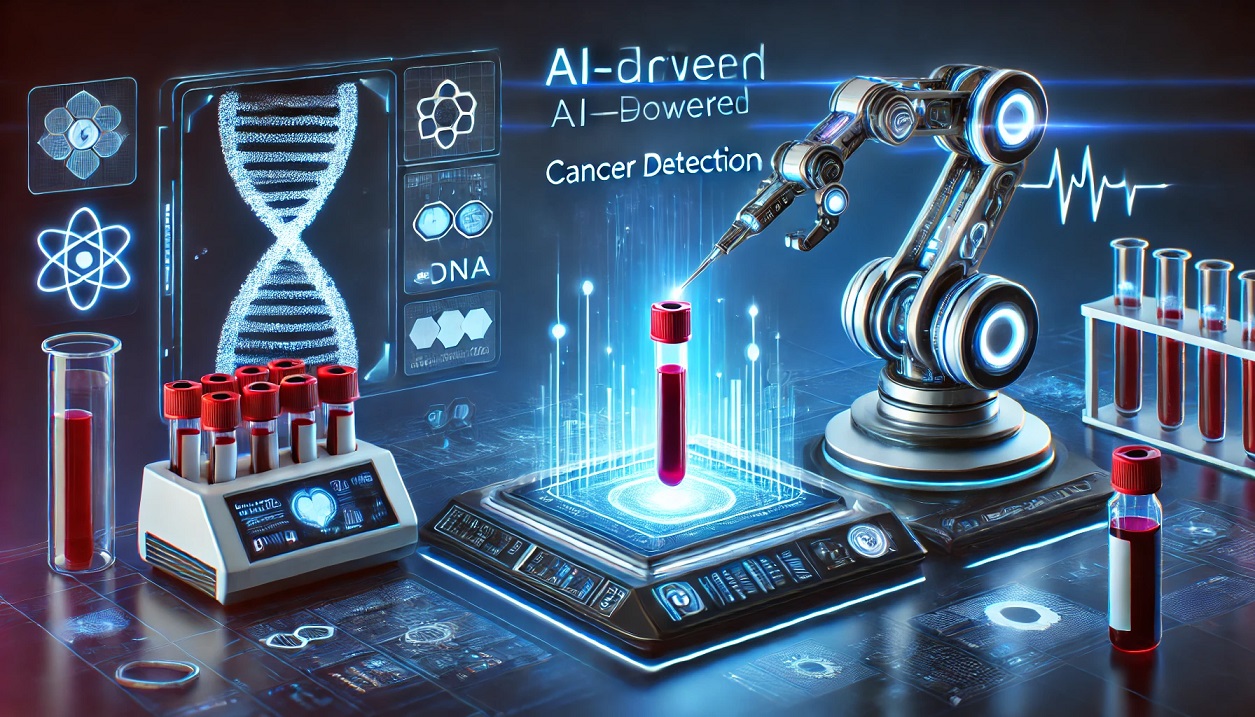
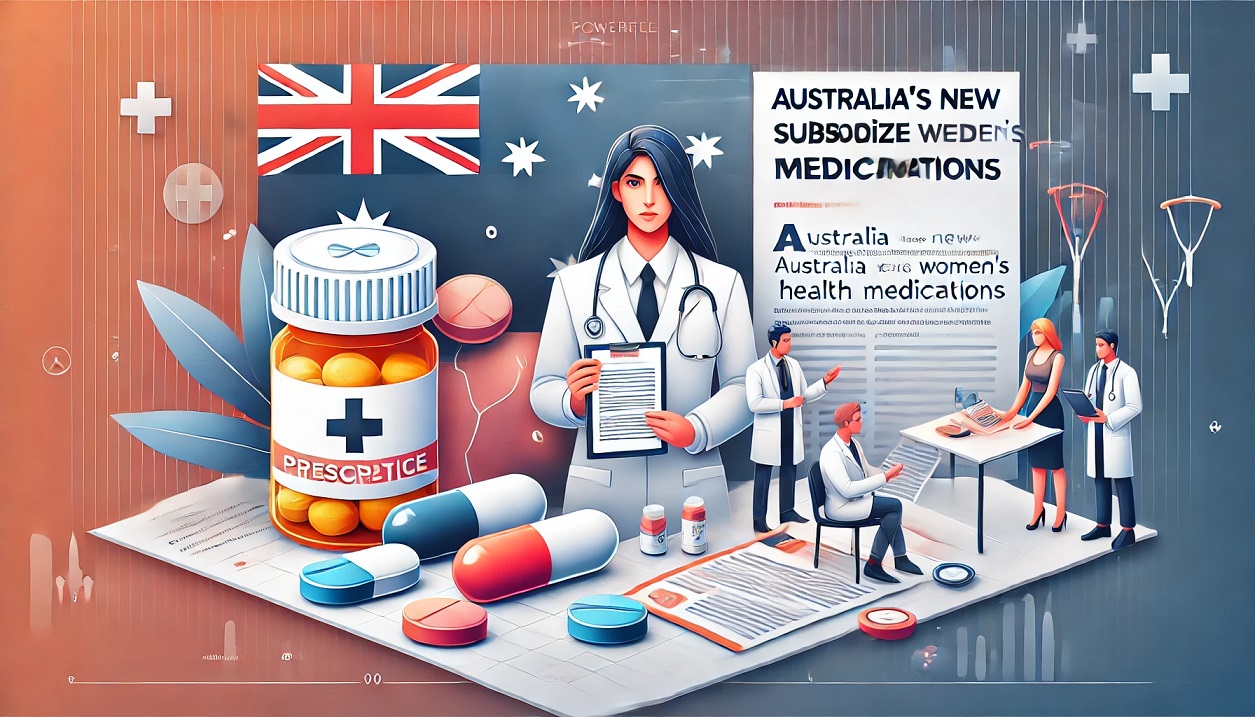
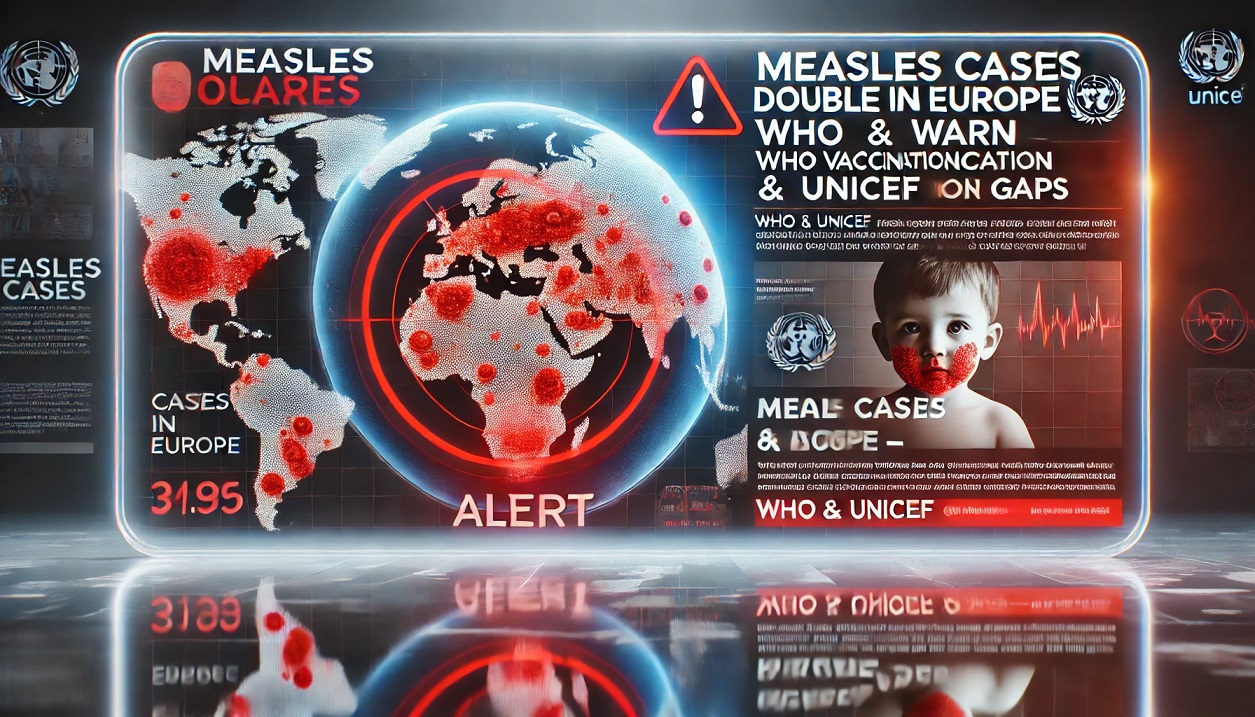
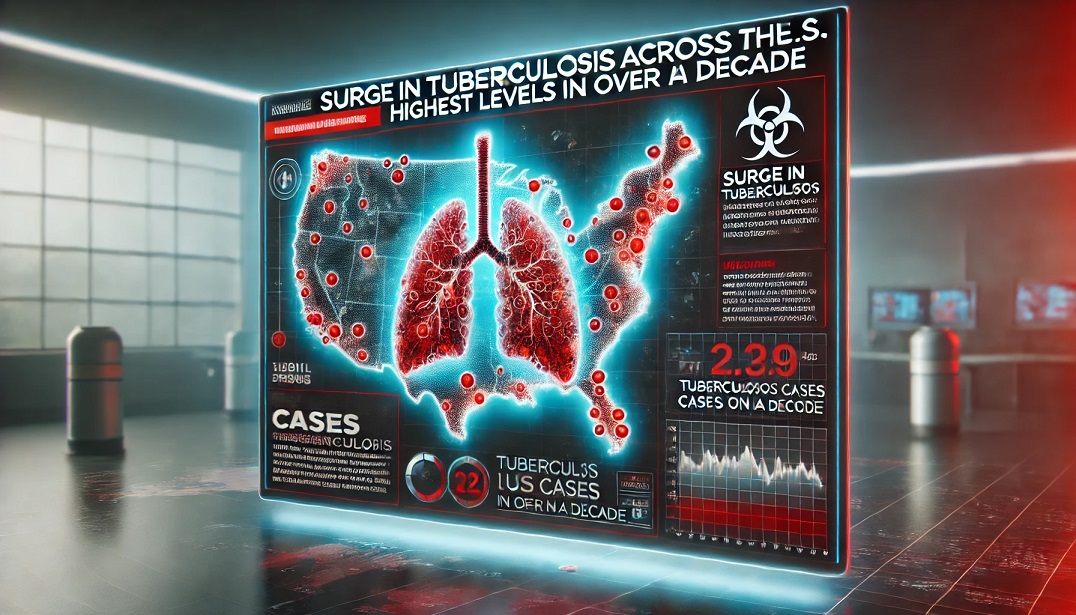


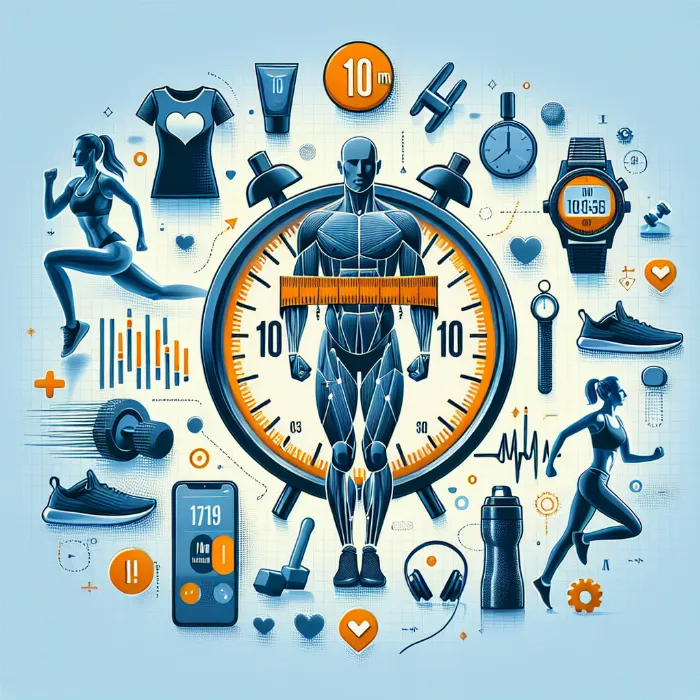

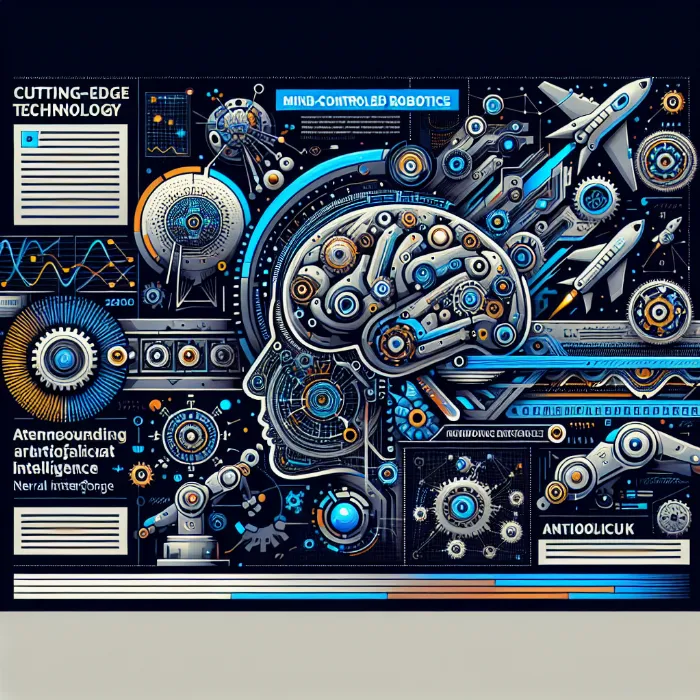


Comments 0